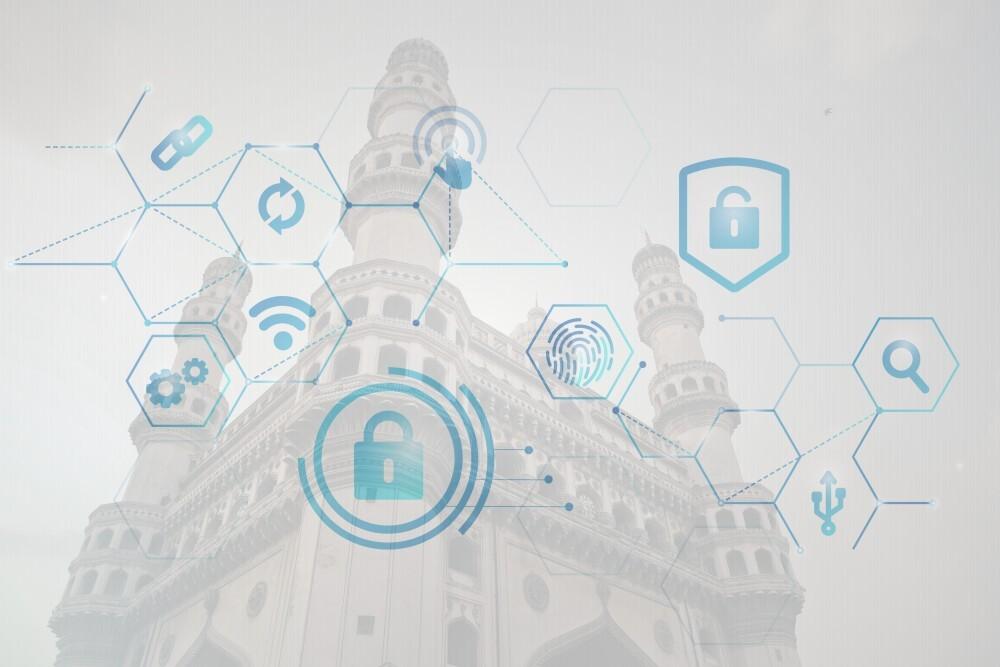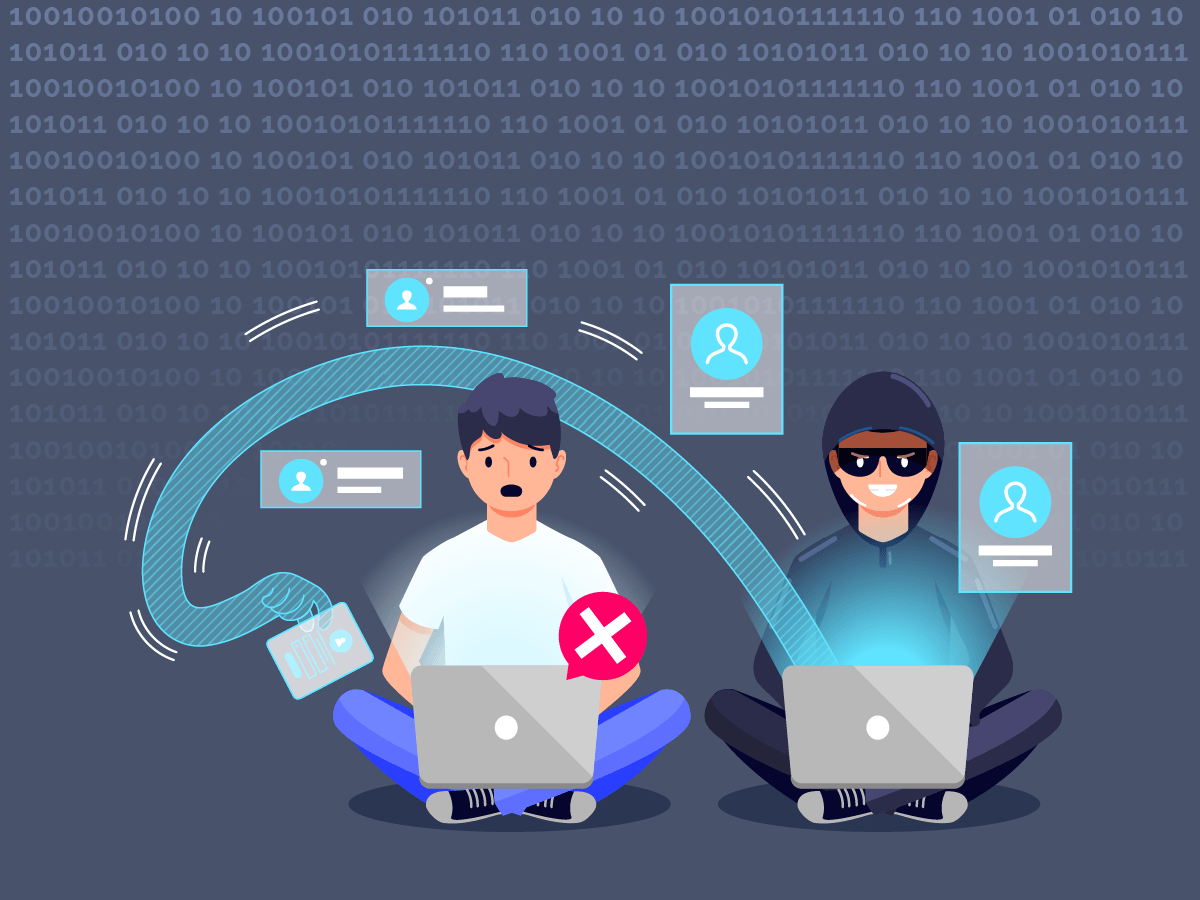
Technology has transformed how the world functions and business operations are no exception. From accounting to marketing, promotions and sales, the technological revolution has touched every sphere of the business world.
Cyber-threats are a genuine concern and are becoming increasingly advanced in the way they operate. While most big and established companies have the right security checks in place to counter threats such as malware and data breaches, cybersecurity threats are higher for small businesses due to limited resources thus, rendering them more susceptible.
In this blog, we will discuss the importance of prevention of cybersecurity threats for small businesses and will provide best privacy practices that SMEs can adopt to protect themselves.
The Need for Small Businesses in India To Adopt Cybersecurity Measures
As per a CyberPeace Foundation's report, of all cyberattacks, 43% target small businesses, and SME startups. Moreover, nearly 46% of SMEs had no clue about managing cyber risks. About 60% of such small enterprises that turn victims of cybercrime go out of business within six months. India is eyeing a 5 trillion dollar economy and SMEs play a significant role in achieving this.
All businesses should be cognizant of the common threats lingering in cyberspace and should plan an effective strategy to counter such attacks.
Common Cybersecurity Threats for Small Businesses
.jpg) Preventing cybersecurity threats should be a key area that small businesses should focus on since the lack of the correct security measures can cost a business a great deal and might even turn out to be fatal. Here is a list of some common cybersecurity threats that especially plague the SMEs-
Preventing cybersecurity threats should be a key area that small businesses should focus on since the lack of the correct security measures can cost a business a great deal and might even turn out to be fatal. Here is a list of some common cybersecurity threats that especially plague the SMEs-
- Data Breaches- The data is said to be breached when an unauthorised party gains access to sensitive company data. They are a common cyber threat and measures such as a firewall and data encryption should be used to avoid such breaches.
- Malware- Short for Malicious software, malware disrupts, damages or gives out unauthorised access to computer systems, networks or devices.
- Third Party Attacks- Working with unsafe and unsecure third parties can often have adverse consequences for the business in question.
- Phishing Attacks- This involves the attacker pretending to be someone else and thereby tricking the business in question into a compromising position.
- Identity Theft- Attackers try to gain access to personal identification information, including social security numbers and bank account details, which can be used for fraudulent activities.
- Cryptojacking- With the rise of cryptocurrency, cryptojacking is used to mine cryptocurrency by using the victims computational power. The malware can be introduced via email attachments, infected websites, or compromised software downloads and it continues to run in the background without the user's knowledge.
- Distributed Denial of Service (DDoS)- In DDoS attacks, compromised computers are used to send an excessive amount of traffic to the target simultaneously. This flood of traffic overwhelms the target's resources, such as bandwidth, processing power, or memory, rendering them unable to respond to legitimate requests.
- Advanced Persistent Threat (APT) Attack- This is when cybercriminals have a prolonged presence on a private network to be able to access sensitive data.
Best Cybersecurity Practices for Small Businesses
.jpg) Starting out a successful business is a mammoth task and so small enterprises cannot afford to lose out on growth due to cyber attacks. Robust measures need to be in place to prevent small businesses from cybersecurity threats.
Starting out a successful business is a mammoth task and so small enterprises cannot afford to lose out on growth due to cyber attacks. Robust measures need to be in place to prevent small businesses from cybersecurity threats.
- Firewalls: Firewalls can help protect small businesses? networks and data from unauthorized access.
- Data Encryption: This ensures that the sensitive data is encoded to prevent unauthorised access
- Good Cyber Hygiene: Small businesses should ensure that their systems are up-to-date, have strong passwords and two-factor authentication (2FA), and regularly back up their data to prevent data breaches.
- Cyber Insurance: Cyber insurance can help small businesses tremendously by covering the financial losses caused by a cyberattack, including legal fees, customer notifications, as well as crisis management. To know about why to invest in cyber insurance, visit here.
- Employee Training: Small businesses should invest in employee training to educate their staff of the importance of cybersecurity and privacy and how to identify and prevent cyber threats. There should be strict action for employee negligence.
Way Forward
As per IBEFs numbers, there are about 633.9 lakh MSMEs in India (Oct, 2022). 91% pf small business enterprises do not have cyber liability insurance and about 60% of small enterprises that turn victims of cybercrime go out of business within six months. (Cyberpeace Foundation Report). With time, the cyber space is only going to get more riddled with new cyber threats. It is good practice for businesses to stay on their feet and keep their cybersecurity practices in check.
Data reveals that businesses that concentrate on data privacy and cybersecurity rank higher in terms of customer preference and satisfaction. Business apps that concentrate on building trust by utilising advanced security techniques have around 40% of the customers willing to spend 20% more than usual.
We at the Cybersecurity Centre of Excellence strongly believe that cybersecurity practices are crucial for not just preventing compromised privacy but also helping your business grow faster. Regular checks cyber checks should be carried out around the year to stay updated with the latest cyber threats and plan the right prevention strategies. As discussed, there are many common cybersecurity threats for small businesses alike but cyber policies should be in tune with the specific industry and niche a business operates in. Learn more about creating an effective cybersecurity strategy, here.
References:
The Top 5 Biggest Cyber Security Threats That Small Businesses Face And How To Stop Them
https://www.kaspersky.co.in/resource-center/preemptive-safety/small-business-cyber-security
https://www.cyberpeace.org/wp-content/uploads/2022/01/20201021-Cyber-Security-eBook-for-SME-V12.pdf





